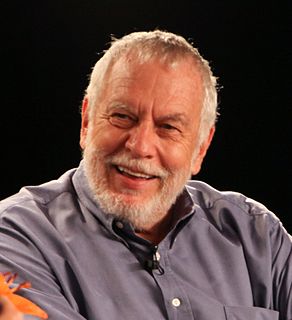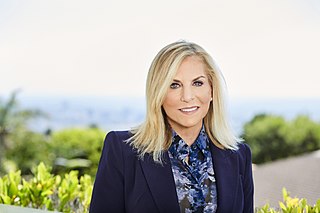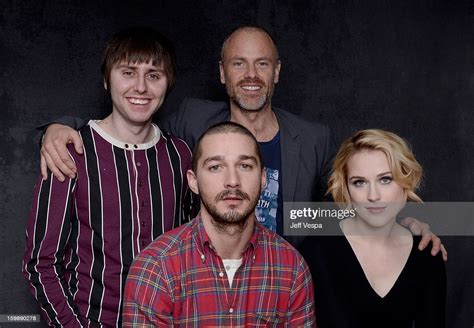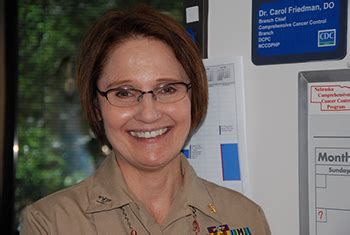A Quote by Bill Gates
Historically, privacy was almost implicit, because it was hard to find and gather information. But in the digital world, whether it's digital cameras or satellites or just what you click on, we need to have more explicit rules - not just for governments but for private companies.
Related Quotes
When CNN launched in the early 1980s, everybody said: A 24-hour news network won't work. They launched, they did ok, CNN went almost bankrupt because of the risks they had taken, they got bailed out, and 25 years later CNN is a huge global brand. I think the same is going to happen in digital. If you look at the younger generation, there is a huge consumption of digital media and almost no consumption of print or traditional television. Eventually money will follow that. It is just a question of which companies win, how long it takes to get there and what kind of model you need to apply.
I think that because of YouTube, because of MySpace, because of the digital domain that we have on the Internet, the younger generation is much more open to information. I think it's so much easier for them to gain information and trade information, and they have become more aware. In some cases, more aware than their own parents and adults, as to what's going on in the world. I find that really intriguing and interesting, and I think there is a brewing of a whole new generation of activists coming.
The advertising marketplace is moving rapidly into digital videos. We know that by 2018 it is estimated that it will be a $12.2 billion business. We've been seeing the agencies combine their digital video spend with television spend and put it under one spend and just calling it "video." The pool of money is becoming much bigger. The comparisons between television and digital video are being made much more often because you can account for who's watching, you can't fast-forward through the commercials. There's a much more intimate relationship with someone watching digital video.
In every part of the world with which I am familiar, young people are completely immersed in the digital world - so much so, that it is inconceivable to them that they can, for long, be separated from their devices. Indeed, many of us who are not young, who are 'digital immigrants' rather than 'digital natives,' are also wedded to, if not dependent on, our digital devices.
I don't do anything digital. Everything is analog, and that's a limitation for me. However, in my world, it's not a limitation at all because I don't create the type of music that would generally be created by musicians that work with digital recording studios, and/or digital equipment, as far as production is concerned.
If you need to strap a camera to you or get in a small space, then it makes sense to use digital.I do think it is possible to use a digital camera artistically, but it can only be good if you are using film technique. Film has grain, and digital has pixels, and there is not that much of a difference, but digital does not replace the need to create a scene and light it properly and spend time considering the shot.
Cloud is so important because it enables digital transformation. It underpins disruptive new technologies in social, mobile, and analytics - and it is enabling industry leaders to compete in digital. Innovation is happening in the cloud - and cloud gives companies the speed and flexibility to be much more agile.
Ya know it's funny, what's happening to us. Our lives have become digital. Our friends, now virtual. And, anything you could ever wanna know is just a click away. Experiencing the world through second hand information isn't enough. If we want authenticity we have to initiate it. We will never know our full potential unless we push ourselves to find it. It's this self-discovery that inevitably takes us to the wildest places on earth.
Whether it's Facebook or Google or the other companies, that basic principle that users should be able to see and control information about them that they themselves have revealed to the companies is not baked into how the companies work. But it's bigger than privacy. Privacy is about what you're willing to reveal about yourself.



































